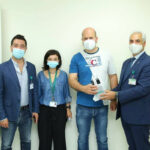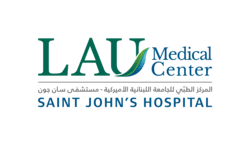We Care for your Safety
Patient Safety is the fundamental principle of high quality healthcare.
LAU Medical Center-Saint John’s Hospital is committed to providing the safest possible care for you during your stay with us, your awareness and involvement in your own treatment can save and protect you from the ordeal that arises out of medical errors. Some of the steps that you can take to help get safer healthcare are:
Verify your Identity
- Make sure you are wearing the appropriate bracelet that holds your triple name and date of birth.
- Make sure that your triple name and date of birth is rightly spelt on all the medical files and lab reports.
- Make sure we confirm your identity when withdrawing blood, doing procedures or giving medications by verifying your name on your own bracelet and asking you to state your name.
- You must also know who your healthcare providers are. If we don’t wear a name badge or introduce ourselves, ask for our names and positions.
Your Medication History
- Give details about the allergies you have, the diseases you have suffered from earlier or any chronic diseases (diabetes, high blood pressure, cardiac disease…) and any surgery that you may have previously undergone.
Your Medication
- Tell your doctors and nurses about all the medicines you take (including over-the-counter drugs and dietary supplements).
- Ask what new medications are for.
- Question us if a medication looks different, the wrong color or the wrong amount.
- Report any adverse effects you develop after taking medicines immediately to your nurse or treating physician.
Diagnostic or Therapeutic Procedure
- Make sure you understand what will happen if you need surgery or a procedure.
- Ask the doctor or medical staff if you have any doubts or concerns regarding the medications or any medical procedure.
- Write down any questions you may have, if you don’t know what we are talking about, ask us.
- Be sure you can read and understand any information given to you.
- If you do not understand the details provided, take a relative or friend to help you ask questions and understand the answers.
- If you are not sure about the medical advice given, get a second opinion about the treatment options.
Infection Control
Our goal is to limit and prevent the spread of infection. We have an extensive program of infection control policies and procedures to ensure you receive safe care at all times. The program covers all aspects of the Hospital, from sterilization of instruments through to cleaning and environmental standards.
Hand hygiene before and after contact with patients is one of the most important measures our caregivers can take to reduce the risks of transmitting microorganisms from one person to another. In addition to hand washing our Hospital has introduced the use of antimicrobial hand gel for use by caregivers. This hand gel contains alcohol and it has been proven to destroy bacteria.
In addition, caregivers providing care for patients with possible infections may be required to wear gowns, aprons, gloves, masks and eye protection during patient care. Sometimes it may be necessary to nurse patients in a single room to minimize the spread of infections.
You can participate in the prevention of infection during your hospital stay by taking some very simple precautions:
- Ask if we have washed our hands – we won’t be offended.
- Always wash your hands when leaving your room.
- Personal hygiene is very important. Soap is readily available so that you can wash your hands after each visit to the restroom.
- Please tell one of your caregivers if you have any concerns regarding the hygiene of your room or bathroom.
- Encourage your visitors to wash their hands or use the hand gel provided at the entrance of every ward.
- In case of isolation: Encourage your visitors to wear gowns, aprons, gloves, masks and all necessary protective equipment required by your caregivers.





